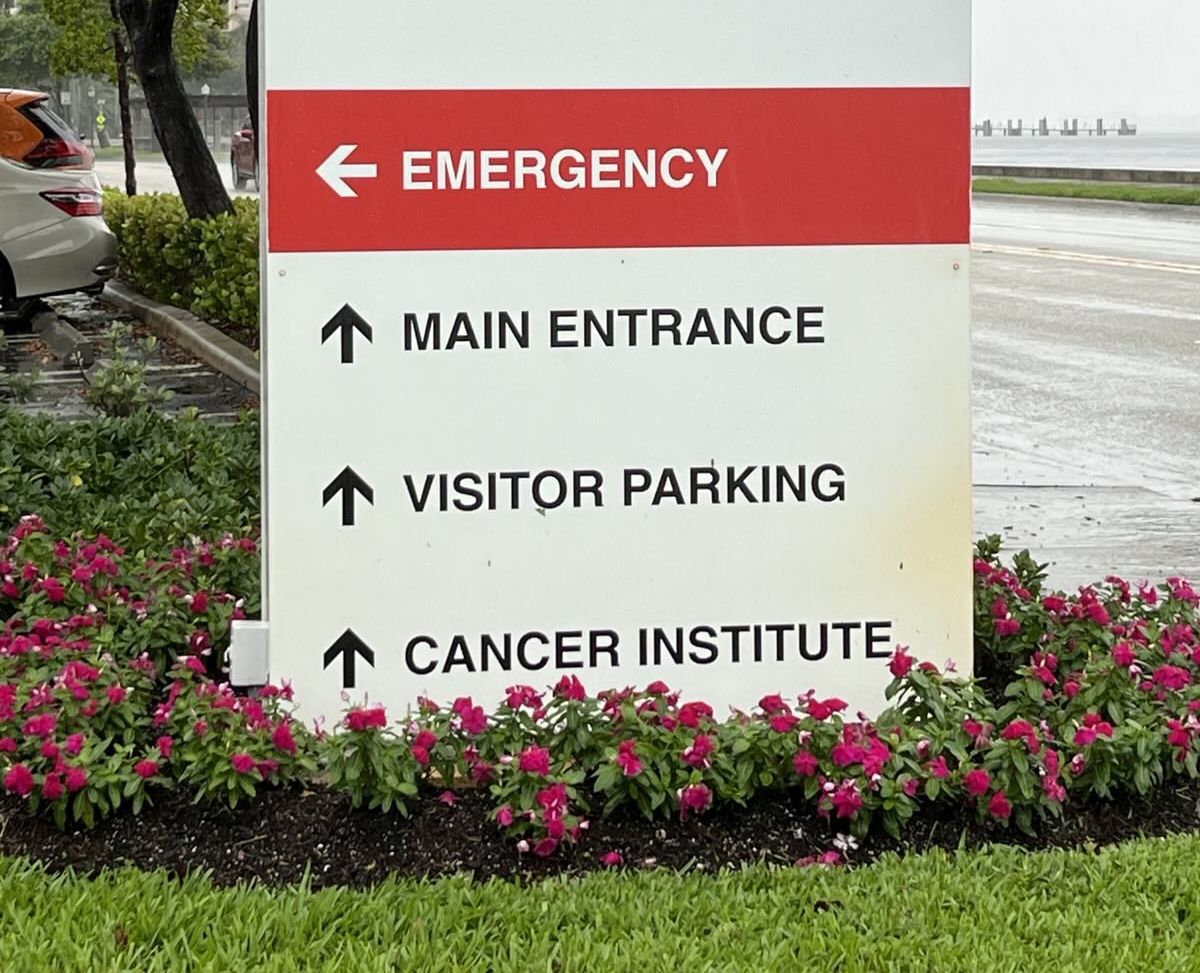Medical cannabis has garnered attention for its potential to alleviate symptoms associated with cancer and its treatments. While not a cure for cancer, it may offer relief from certain side effects, enhancing patients’ quality of life.
Symptom Management in Cancer Patients
Cancer treatments often lead to side effects such as nausea, vomiting, pain, and appetite loss. Medical cannabis has been studied for its efficacy in managing these symptoms:
- Nausea and Vomiting: Cannabinoids like delta-9-tetrahydrocannabinol (THC) have shown effectiveness in reducing chemotherapy-induced nausea and vomiting. The National Cancer Institute notes that inhaled cannabis improved mood and reduced anxiety in patients, potentially aiding in nausea management.
- Pain Relief: Cannabis and cannabinoids have been studied for their role in pain management. Inhaled cannabis has been found to relieve pain better than placebo in patients with peripheral neuropathy. Additionally, cannabis extract sprays have shown benefits in controlling cancer-related pain.
- Appetite Stimulation: Cannabis may help stimulate appetite in cancer patients experiencing weight loss. However, studies on inhaled cannabis for appetite stimulation are limited.
Prescribing Medical Cannabis for Cancer Patients
The prescription of medical cannabis varies by jurisdiction, influenced by local laws and medical guidelines. In the United States, the Food and Drug Administration (FDA) has approved synthetic cannabinoids like dronabinol and nabilone for chemotherapy-induced nausea and vomiting. However, whole-plant cannabis remains a Schedule I substance federally, complicating its prescription.
Physicians considering medical cannabis for cancer patients should evaluate:
- Symptom Severity: Assessing the intensity of symptoms like pain, nausea, or appetite loss.
- Treatment History: Reviewing previous interventions and their outcomes.
- Patient Preferences: Considering the patient’s comfort with cannabis use and potential side effects.
It’s essential for healthcare providers to stay informed about evolving research and regulations to make evidence-based recommendations.
Current Research and Guidelines
Research on medical cannabis in oncology is ongoing, with studies exploring its efficacy and safety. The American Society of Clinical Oncology (ASCO) published guidelines in March 2024, acknowledging the growing use of cannabis among cancer patients and emphasizing the need for more research to support clinical use.
The National Cancer Institute provides a comprehensive overview of cannabis and cannabinoids, highlighting their potential benefits and the necessity for further studies to establish their role in cancer care.
Considerations and Risks
While medical cannabis may offer symptom relief, it’s not without risks:
- Psychoactive Effects: THC can cause euphoria, dizziness, or cognitive impairment.
- Drug Interactions: Cannabis may interact with other medications, affecting their efficacy or leading to adverse effects.
- Legal Implications: Patients should be aware of the legal status of medical cannabis in their region.
Healthcare providers should discuss these considerations with patients, ensuring informed decision-making.
Promise
Medical cannabis holds promise for alleviating certain symptoms in cancer patients, such as pain, nausea, and appetite loss. However, its use should be approached cautiously, with thorough evaluation by healthcare professionals and consideration of current research and legal frameworks. Ongoing studies are essential to fully understand its benefits and risks in oncology.

